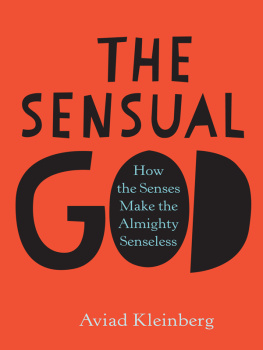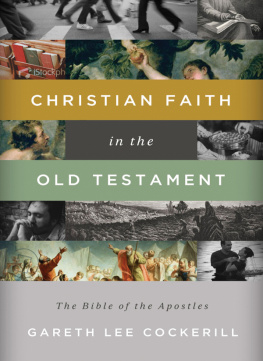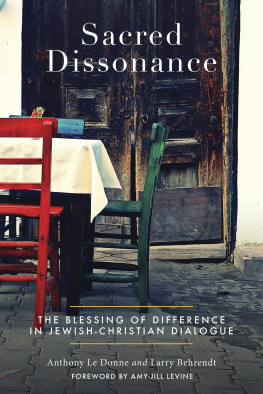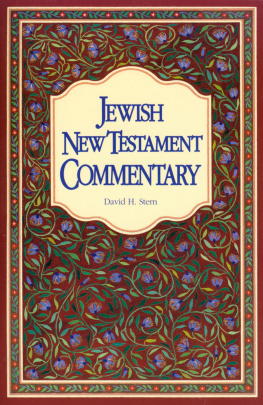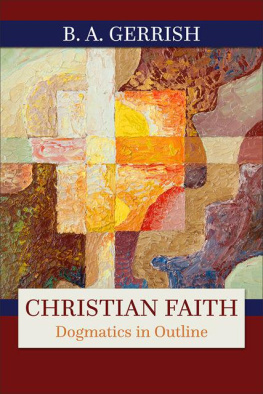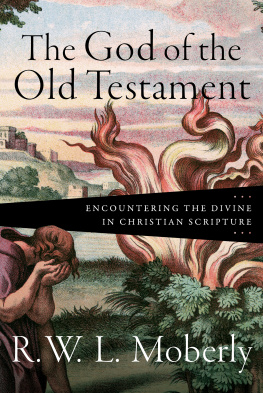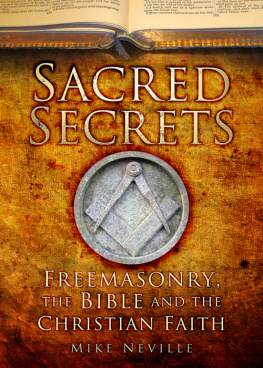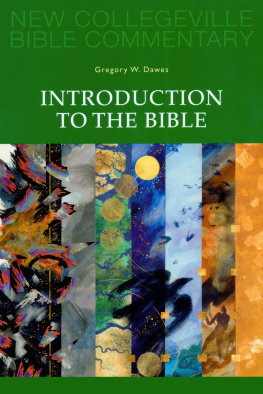THE SENSUAL GOD
THE SENSUAL GOD
HOW THE SENSES MAKE
THE ALMIGHTY SENSELESS
Aviad Kleinberg
COLUMBIA UNIVERSITY PRESS NEW YORK
COLUMBIA UNIVERSITY PRESS
Publishers Since 1893
NEW YORK CHICHESTER, WEST SUSSEX
cup.columbia.edu
Copyright 2015 Columbia University Press
All rights reserved
E-ISBN 978-0-231-54024-7
Library of Congress Cataloging-in-Publication Data
Kleinberg, Aviad M.
The sensual God : how the senses make the almighty senseless / Aviad Kleinberg.
pages cm.
Includes bibliographical references and index.
ISBN 978-0-231-17470-1 (cloth : alk. paper) ISBN 978-0-231-54024-7 (ebook)
1. God I. Title.
BL473.K54 2015
211dc23
2015002483
A Columbia University Press E-book.
CUP would be pleased to hear about your reading experience with this e-book at .
COVER DESIGN: Mary Ann Smith
References to Internet Web sites (URLs) were accurate at the time of writing. Neither the author nor Columbia University Press is responsible for URLs that may have expired or changed since the manuscript was prepared.
CONTENTS
Work on this book began at the library of the Pontifical Institute of Mediaeval Studies in Toronto, where I enjoyed the hospitality of my dear friends Maruja and Hal Jackman. It continued in Paris at the library of the Institut dtudes Augustiniennes, and the Bibliothque nationale de France, in Oxford at the Bodleian Library and in my hometown, Tel Aviv. Friends and colleagues read the manuscript or parts of it. Karma Ben Johanan, Brian Stock, Joe Goering, Isahai Rosen Zvi, Tamar Herzig, Maruja Jackman and Francoise Meltzer offered comments, corrections and encouragement. I am deeply grateful to them all.
When I tell people about this book, they often want to know whether I believe in God. I say I dont. Why then, they wonder, do I dedicate so much time and effort to issues that few nonbelievers today find relevant? In fact, they say, it is far from certain that even believers find theology all that relevant. One can be a perfectly good Christian, or Jew, or Muslim, with very little theological knowledge, and one can know a lot of theology and have very little faith.
I must add furthermore that there was nothing natural about my choice of subject. I am the son of Holocaust survivors for whom disbelief in a God of justice is a moral duty. I grew up in a secular home and in a secular state. Interest in Christianity was frowned upon. In the Israel in which I grew up, showing sympathy for Christian ideas smacked of unfaithfulness, not to the God of our fathers, but to a ghostly throng of slain and persecuted ancestors. And yet I was, and still am, strongly attracted to these texts, to their concerns and ideals, to their endless dialogue with a being in whom I do not believe.
Why? Probably because of the questions. Religions ask big questions. Why are we here? What is the meaning of our existence? Why do humans suffer? Why are humans worthy, or unworthy, of salvation? Who is responsible for the way things are? Religious texts are unabashedly engrossed in the sublime. In my fashion so am I. Religious thinkers take existence seriously, treat it as a matter of life and death, invest great talent and great passion in it. I find such concerns and such emotional attitudes strongly appealing, philosophically, morally, and even aesthetically.
But while I am impressed by the questions, I am less impressed by the answers. Perhaps I am too Cartesian, as the French would say, too linear in my thinking. I see loopholes, fallacies, logical shortcuts, and petitiones principii where straight logical lines should have been drawn between premise and conclusion. But as long as Im allowed to get off before the final conclusions are reached, I enjoy the ride. Perhaps enjoy does not fully capture it; Im often entranced by the process. I use the term advisedly. My deepest spiritual experiences have occurred while reading (and sometimes thinking about) religious matters. Unfettered by the unkind rules of strict logic, the religious ride through the big questions is wilder, bolder, more imaginative than any philosophical investigation of the same issues. Like all straight thinkers, I am taken by the boldness and beauty of the crooked line.
But is this a fair depiction of religious thought? What is so crooked about the thinking of great minds like Augustine and Thomas Aquinas, Maimonides and Nicholas of Cusa? In its own terms, nothing of course. These are not only great thinkers but first-rate logicians capable of detecting a logical fallacy no less than any nonreligious thinker. The problem, naturally, is the hand that these great minds were dealt: it included many a wild cardmythology; dogmata born of historical political compromises, phrased by unskilled theologians; and powerful believers too attached to their weird beliefs. That with these materials the Catholic Church (who started with the worst philosophical hand) has succeeded in forming such an impressive edifice is no less than miraculous. Alas, impressive as it is, it does not hold waterat least not the unholy water that rationalists are willing to drink.
But then my interest in religion is not merely a predilection for crooked lines, combined with an intellectual commitment to straight ones. It is not (just) about me. Because religious thinking is amphibian (at least in the West, it is truly committed to both rational and irrational premises), it allows us a glimpse at the moment of passing from one logical sphere to another. And it is an exceptionally interesting moment. It would have been much simpler to hold on to one set of logical rules: either remove everything irrational as all scientific postreligious thinkers do, or cling to religious articles of faith quia absurdum. Religious rationalists have chosen to live with irreconcilables. The idea that these irreconcilables should be reconciled was formulated quite early in the Catholic Church: faith seeking understanding, as St. Anselm put it (though the idea is much older, of course). But what I find particularly interesting are not the many moments when the reconciliation was successful, but the moments when it was not, the moments when contradictions could not be reconciled and yet were impossible to abandon, when great ingenuity was required to keep the volatile mixture of religious and philosophical ideas from exploding. Such breaking points, points that stretch to the limit the conceptual muscles of religious thinkers, tell us something important not only about the religious mind, but about the human mind in general. They teach us about the complexity, the ingenuity, and at times the self-inflicted blindness of human thought. These are the moments that this book explores.
One could find them in all areas of religious discourse. In this book, I have chosen to focus on one of the hardest-to-solve dilemmas of faith in search of understandingthe sensuality of God. How can the ineffable God, the Being so totally different from anything we can think or imagine be described by Sacred Scriptures in such sensual terms? I have chosen moments when the temptation to be either aquatic or terrestrial was greatest.
My examples come from both Christian and Jewish traditions (using sources from within the historical time frame I feel more or less comfortable with, from late antiquity to the eve of the Protestant Reformation). One should remember that there is no symmetry between the two traditions. While philosophy influenced some Jewish thinkers (most notably Maimonides and his followers), it was, and is, marginal in Judaism. Judaism during the last two millennia has been led by jurists, experts in halacha, who sometimes engaged in mysticism (typically unsystematic). They either ignored many of the most acute theological problems that beset the minds of Christians, or offered them solutions that no systematic theologian would find satisfactory. As a cultural phenomenon, the moments of hermeneutical crisis that this book explores are more typical of Christianity than of Judaism. It is not that one cannot find equivalents to most of the issues in both religious cultures. But such equivalentism would give Jewish philosophers a much greater weight than they have ever possessed in their own tradition. The book, then, is unbalanced. More space is dedicated to Christian thinkers for whom philosophical problems are more troubling than for their Jewish counterparts. But Jewish thinkers were not immune to theological anxieties, and when they arise in their midst, their solutions could be quite different from Christian ones.

